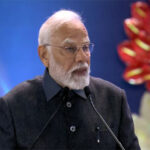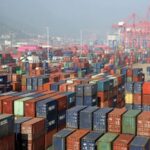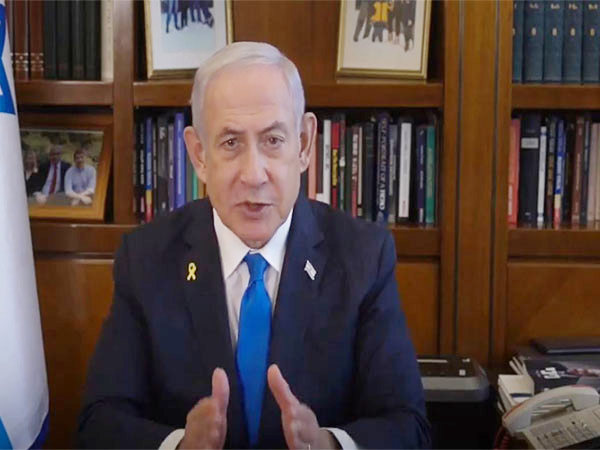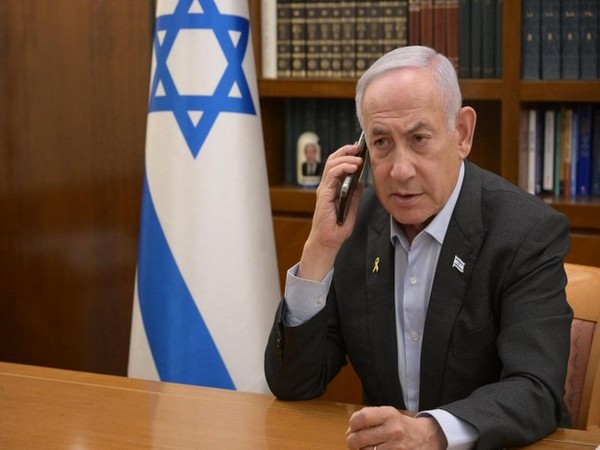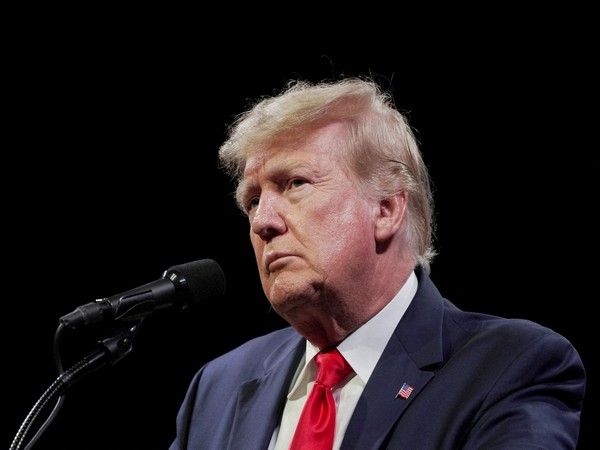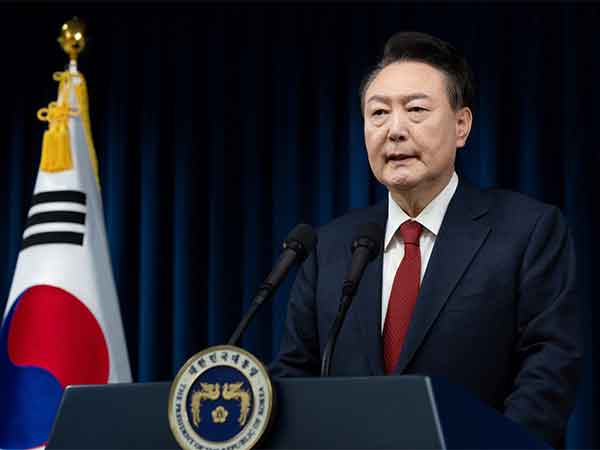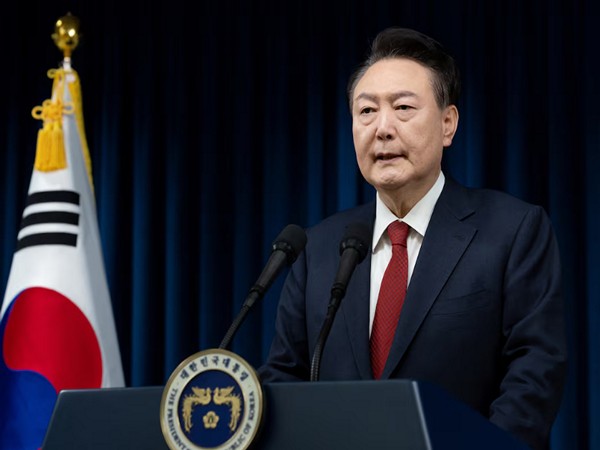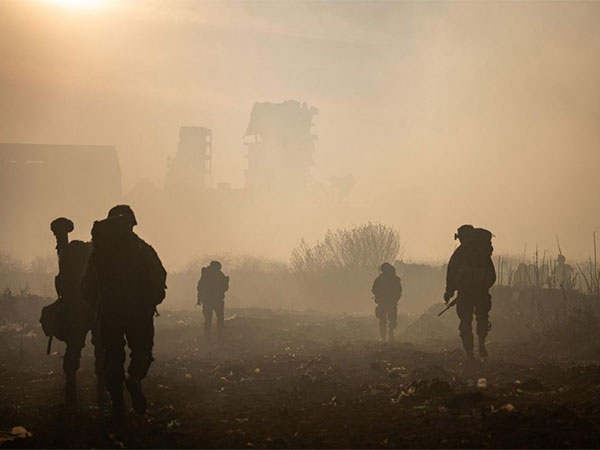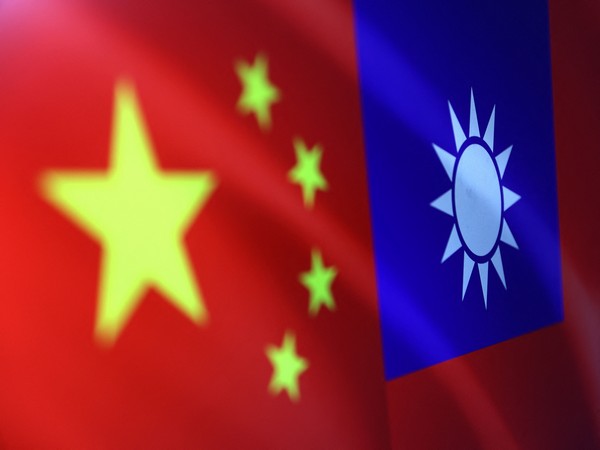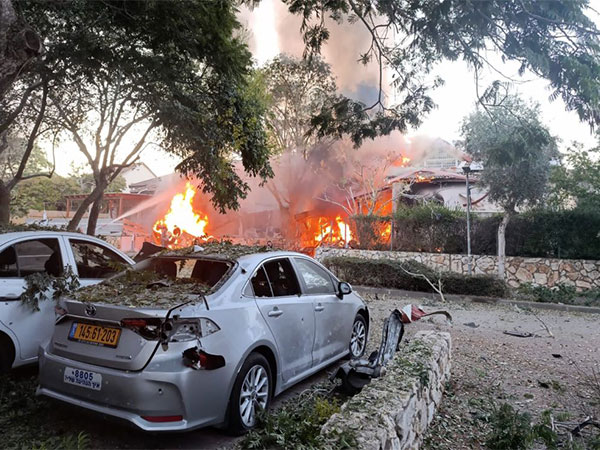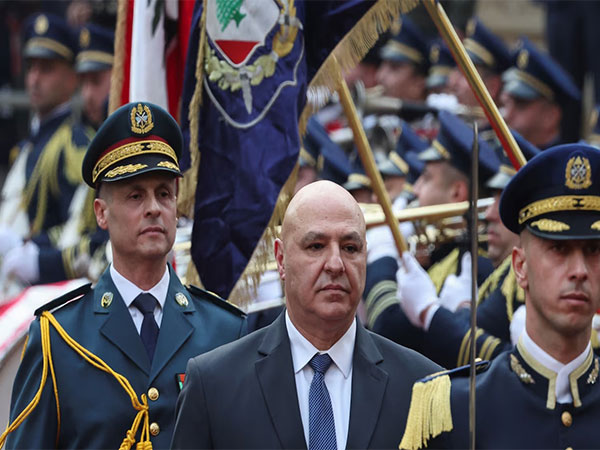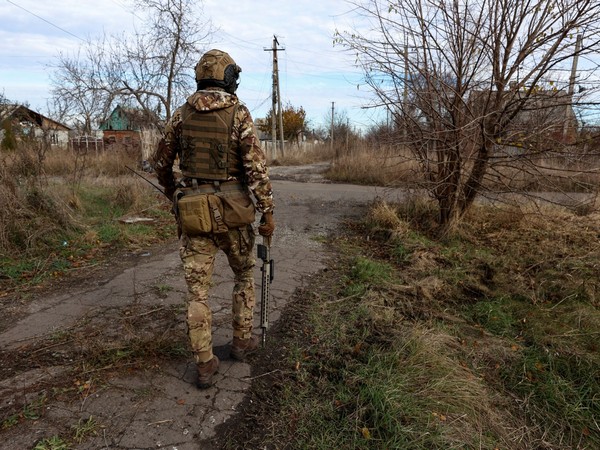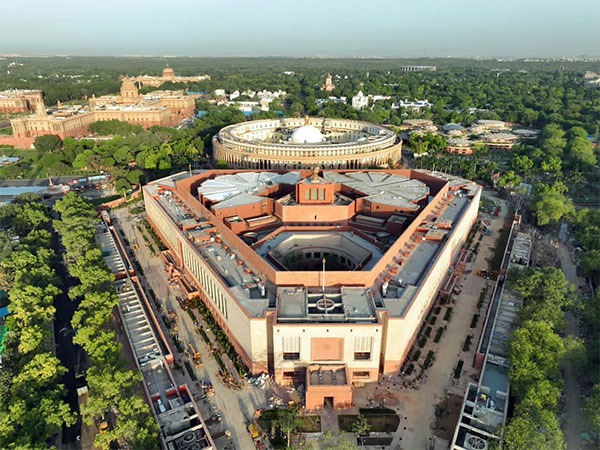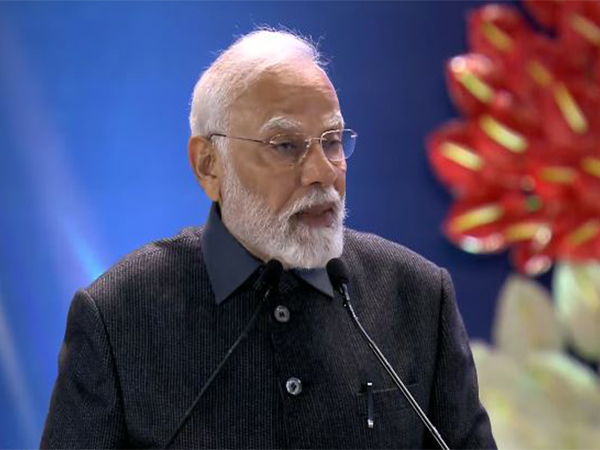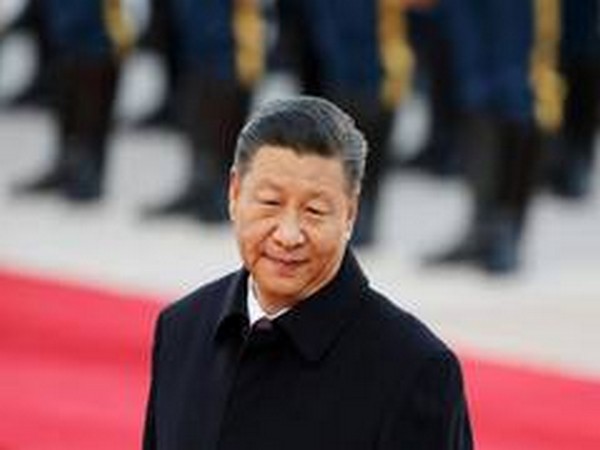
Chinese President Xi Jinping (File pic)
Hong Kong, April 20 (ANI): Chairman Xi Jinping allowed his nation to unleash the deadliest pandemic since 1968. In the midst of China ‘s mishandling of the COVID-19 crisis, the autocratic leader is busy deflecting criticism and perhaps sensing opportunity to tighten grip over the world’s most populous nation. One of the most important questions to ask is whether grassroots discontent with the Chinese Communist Party (CCP) is rising.
That is what ANI asked Doctor Jason Young, Director of the New Zealand Contemporary China Research Centre. He responded, “That’s a really hard question to answer … I guess the reality is that we never really know. And I think the only people that really know would be the Chinese Communist Party who monitor this type of thing very well and have all the statistics.
“There’s certainly some evidence that things are bubbling up and that people are not happy about the doctors that passed away and an outpouring on social media. And then I’ve talked to a few overseas Chinese; the typical response is that they haven’t invested properly in public health and they’ve bungled their response and that type of thing.”
Young continued: “But it’s perhaps too easy to draw a line and then say there’s widespread discontent. I think China ‘s public relations system is very effective, and it has created a narrative that the government and the people are all in it together, with Xi Jinping declaring it a People’s War and everybody fighting together.
And it’s natural for people to get in behind the doctors and the community and government when facing a crisis.” This led Young, an associate professor of political science and international relations at Victoria University in New Zealand, to conclude, “So I think, particularly now, that some of the stricter lockdown measures are starting to come off, I think that actually the Chinese government is in quite a strong position.”
That is grumbling, however, even sharp retorts from within the CCP itself. Property tycoon and CCP member Ren Zhiqang published a blistering critique of Xi’s handling of coronavirus on 23 February; he is now being investigated for “serious violations of discipline and law”.
Ren ridiculed China ‘s attempt to paint the national response as an unbridled success, plus he criticized Xi’s personal ambition. In his letter, Ren commented: “No longer is the question about why the situation wasn’t announced in a timely fashion being asked.
This is precisely because those who have grasped power want not to shoulder any responsibility, and refuse to allow society to hold them accountable.” Neican, an Australian-based analysis center about China, summarized six key criticisms of the CCP in Ren’s letter: lack of transparency and accountability; active suppression offreedom of speech; heavy use of propaganda and censorship to control public discourse; narcissistic and self-referential nature of party discourse; centralization of power under Xi; and party elites out of touch with the masses.
China Neican added that Ren “took direct aim at Xi for his ambitions, vanity and lack ofleadership – of course, a party insider doing this is different from the demonstrations of public intellectuals or dissidents. In fact, public dissent from inside the party is viewed much more gravely than dissent from outside the halls and networks of power”.
Neican concluded, “Ren is right that, despite the propaganda, what the party’s response to the coronavirus outbreak shows is, not effective leadership and the success of China ‘s political model, but rather key flaws that foreshadow future crisis if left unaddressed.” Xi and the party respond to alternative voices in the only way they know – repression and suppression.
According to China Neican, “Beijing is reining in domestic criticism of the party’s coronavirus response in an effort to ram through its narrative of strong party leadership and national resilience. Many prominent voices that are telling stories inconsistent with the party line are silenced.” Willy Wo-Lap Lam, senior fellow at The Jamestown Foundation, said a large group of Chinese intellectuals and citizen journalists risked their personal safety to eulogize the late Wuhan doctor Li Wenliang.
Tsinghua University professor Xu Zhangrun published an article describing Xi: “He has no shame because his words and what is in his heart do not match.” Xu later disappeared. Another critic was constitutional expert Xu Zhiyong, who wrote of CCP leaders, “In their hearts, there are no concepts of right and wrong, no conscience, no bottom line and no human nature.” He too disappeared. Lam penned: “In the course of the Wuhan pandemic, hundreds of whistle-blowers and other civil society pioneers have suffered brutal treatment at the hands of the police-state apparatus.
Apart from imposing draconian censorship measures, the authorities have detained hundreds of medical professionals, freelance journalists and ‘citizen reporters’ for telling the truth to overseas-based Chinese and foreign websites and social media platforms. Despite this, their voices have not been silenced, and their sacrifice and bravery attest to the continued and rising development of China ‘s stunted civil society.”
Nevertheless, as China deals with the aftermath of COVID-19 and international opprobrium, at home Xi may actually emerge stronger. Young mulled this point. “The short answer is it’s tough to say, but I think, yes.” One reason for this is that Xi is one of the first Chinese leaders not to have had direct links to the revolution.
He was a “sent-down” youth in the Cultural Revolution, but this current People’s War against COVID-19 provides him with a golden opportunity to burnish his credentials as he leads China through the crisis. He added, “Perhaps it’s too early to tell now, but, if China comes out on the other side and it looks like they’ve done well compared to other countries (it actually does look a little bit like that at the moment), then I think that will actually strengthen his position.”
Certainly, Xi has used the crisis to promote some proteges. Among these are Ying Yong appointed as Hubei Party Secretary; Wang Zhonglin as Wuhan Party Secretary; Vice-Premier Sun Chunlan, head of the Central Instruction Group; and Chen Yixin, Secretary-General of the Central Political-Legal Commission. One of Xi’s most pressing issues will be managing China ‘s economy.
As well as the preexisting trade war with the USA, now Beijing must deal with the fallout from business shutdowns and a Chinese-caused global financial meltdown. There are calls by many overseas to turn away from China and to bring manufacturing back home, something that sends shivers down the spines of China’s political elite.
Young mentioned this. “Obviously China is one of the largest pharmaceutical-producing nations in the world, producing all the personal protective equipment material. There’s been a real backlash in a lot of economies, particularly in the United States, which are now struggling to get hold of all of those materials, that there are perhaps some economic linkages not in the national interest. So there is potentially a danger that this discussion of decoupling that was happening before COVID-19 came about will be accelerated and we could see sort of a reindustrialization of parts within the world, and that would have quite a devastating effect on the Chinese economy, which is still very reliant on being able to manufacture and export.”
Thus, the specter of mass unemployment looms in China , with some analysts estimating 30 million will lose jobs in 2020. Beijing will do everything to hide the desperate nature of its economic woe, and some are already labeling as “fake” such statistics as the manufacturing purchasing managers index show a V-shaped recovery. The CCP relies heavily on the promise of prosperity for legitimacy. If living standards stagnate, the people will be angry and generate strikes and mass protests. Young pointed out another danger. “
…When you have a crisis, the state always comes to the fore … There’s a danger that we’ve seen in the first two and a half, three decades of reform and opening in China – we saw that the state was sort of withdrawing a bit and letting the market and private sector doing more of the heavy-lifting in the economy. And indeed under the CCP we’re also seeing the state sort of more centralized and take a bigger role in the economy, more direction, more state funding, closer links between the state and the private sector. So there’s a dangerous trend that we could see more of a reversion to state management and more funding for state-owned enterprises and more lending to state-owned enterprises to prop up the economy.
And I think that would be a very worrying trend.” How will Beijing respond to economic gale-force headwinds? “…The classic Chinese way of dealing with that is to employ people through state projects. So we’re likely to see more of that as well, because a lot of the construction and that sort of labor-intensive activity are already done in China . Then we could possibly also see more efforts to send out some of those state-owned enterprises to other parts of the world to be more involved in infrastructure and construction projects,” Young predicted. While conventional wisdom might say that China might curtail significant portions of its Belt and Road Initiative, Young actually sees the opposite.
Beijing can overcome some economic stagnation by investing overseas. With other nations already hit hard by COVID-19, Beijing may tighten its stranglehold on developing countries with more borrowing, a continuation of what some refer to as “debt-trap diplomacy”. Or China could lean in another direction and forgive debt to increase its soft-power status. China asserts solidarity and strength, but Xi could actually be quite brittle.
He has strong- armed Hong Kong protestors, imprisoned multitudes of Muslims, purged opponents, centralized the government under his personal tutelage, enacted nationwide surveillance, harassed Taiwan and suppressed Christianity – these are the acts of someone insecure with their own legitimacy. Furthermore, Xi has created a punitive and ideologically strict way of governance that demands personal and party fealty, plus he has pursued an aggressive foreign policy. Because he dispensed with a consensus-based way of running the country, he cannot reverse policy or admit error. His propaganda machine projects him as infallible, yet personal strongman rule increases the risk of major blunders and has all but eliminated flexibility.
Surely there are many in the party who recognize this, for their own standing is being undermined by Xi himself. If there is creeping discord within the CCP, it may only be discerned by increasing paranoia on Xi’s part. One way for Xi to rally public support is nationalism, pointing a finger at a common enemy like the USA. Interestingly, there are already signs of this, with military patrols threatening Taiwan and sinking fishing vessels in the South China Sea.
There has been a sharp rise in xenophobia too. Colored people in particular are currently being discriminated against, with Africans and others being banned from entering restaurants, and even being evicted onto the street from their hotels or apartments. China Neican commented: “Even before COVID, China had a big problem with xenophobia and racism.
Even though the Chinese government recognizes ’56 ethnic groups’, the party-state and a big section of society propagates the idea of ethno-nationalism, where Han people owe their duties and loyalties to China … The most extreme kind sees foreign citizens of Han heritage as ‘race traitors’ and ‘traitors to China ‘, and do not believe that anyone outside the ’56 ethnic groups’ can ever belong in China .”
Chinese do not consider such behavior as racist, but rather as “upholding traditions”. This xenophobia is encapsulated in the incarceration of hundreds of thousands of Muslims in northwest China , and the subjugation of Uighur culture. The government will never admit to racism, insisting that it “treats all foreign nationalities equally”. This is patently untrue. (ANI)


